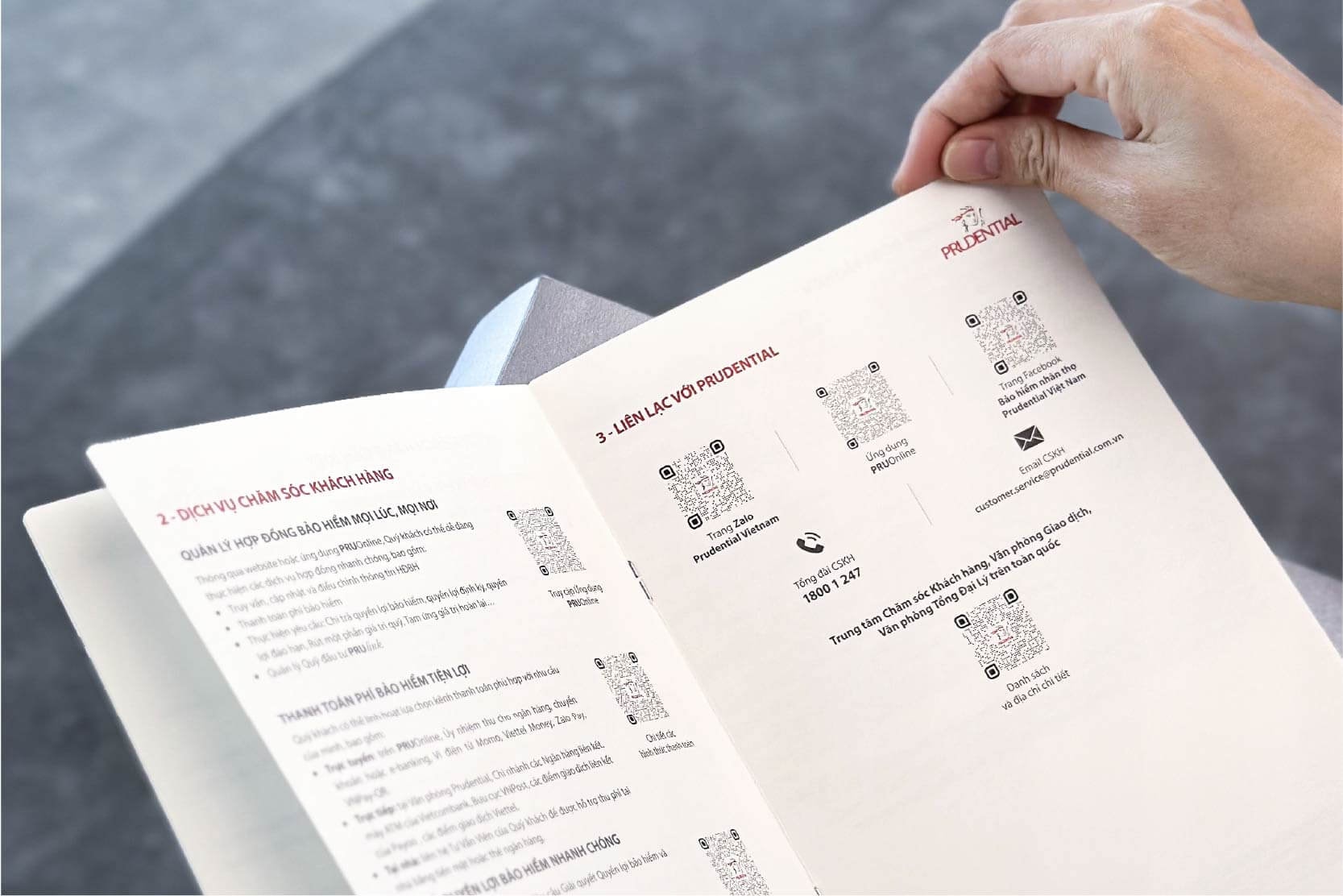Life insurance contract is nearly 100 pages thick, just read carefully the following 4 points to avoid losing benefits
Many people fall into the situation of 'it's a pity to give up, but it's a loss to keep' just because they are afraid to read carefully the nearly 100-page life insurance contract, leading to misunderstandings or not clearly understanding important rights, responsibilities and limitations.
According to financial experts, there are 4 groups of terms that, if not understood carefully, participants are most likely to encounter risks when an insurance event occurs.
1. Exclusion clause: Purchased insurance but still denied payment
Many people think that buying insurance means that when they get sick, have an accident or suffer a serious illness, they will be paid. But in reality, each benefit in the contract comes with an exclusion clause – situations that are not covered by the insurance. This is one of the contents that few people pay attention to but directly affects the right to receive insurance money.
Specifically, with critical illness, pre-existing conditions, early stage illnesses, or medical conditions that do not meet the criteria are often excluded. With accidents, if the risk occurs while using alcohol, drugs, participating in racing or mountain climbing, payment may be denied. For health cards, services such as infertility treatment, sexually transmitted diseases, and cosmetic procedures are not covered.
Participants should ask their advisor for detailed documentation of the exclusions, rather than just listening to a verbal description or looking at a summary benefits table.

2. Waiting period: If you get sick right after signing, you may still not be paid.
In insurance, the 'waiting period' is the period from the effective date of the contract until the benefits start to take effect. If an event occurs during this period, the customer will not be paid even though the contract is in effect.
Typically, critical illness benefits have a waiting period of 90 – 120 days. Health cards (hospitalization) usually have a waiting period of 30 – 60 days.
Some cases such as special illnesses or childbirth (with contracts with maternity benefits) can wait up to 270 days. In particular, some illnesses that were contracted before signing the contract have a waiting period of up to 1 year.
In fact, many people sign up for insurance and then unfortunately have to be hospitalized after 1-2 weeks and are disappointed because they are not covered, because the waiting period has not passed. This is a regulation clearly stated in the contract, but it is easy to overlook if not read carefully.
3. Flexible payment: Flexibility does not mean you can do whatever you want.
Many people buy insurance because they are advised to pay flexibly, withdraw money at any time, and can temporarily stop when facing difficulties. However, this flexibility has its limits and needs to be understood carefully to avoid losing money unjustly.
Contracts are usually only adjusted (reduced face value, reduced fees) from the 3rd or 5th year onwards. Before that, withdrawing money or canceling the contract will incur a very high fee. The fee for early withdrawal in the first 5 years can be up to 80-100% of the amount paid. After the 10th year onwards, this fee will be low or zero.
In case of financial difficulties, customers can suspend payment of premiums if the contract has accumulated enough surrender value. Or they can borrow in advance from the contract, but will be charged interest.
Therefore, it is necessary to determine this as a long-term plan and commit to sustainability for at least 10-15 years to avoid damage.

4. Don't confuse premium payment period with protection period
One of the most confusing points is that the premium payment period and the insurance period do not coincide.
For example, a customer signs a 99-year life insurance contract, but only needs to pay premiums for 15 years. After that, if the money is not withdrawn and the contract is still valid, the customer will continue to be insured until the end of the contract term without having to pay more.
However, if the money is withdrawn early, or the contract is no longer valuable enough to maintain, it may lapse mid-term. At that time, even if the full fee has been paid, the customer is no longer protected.
Therefore, it is necessary to monitor the account value and risk premium annually to ensure that the contract remains in effect.
Life insurance is a long-term financial product that helps protect the whole family from unexpected events. But to make insurance a companion instead of a cost trap, participants need to read the contract carefully, especially the exclusion clause, waiting period and adjustment rights.
Experts also recommend that customers should carefully consult about their personal financial plans, do not be attracted by the invitation to commit to profits, flexible withdrawal. At the same time, it is necessary to monitor the annual contract value, ensuring that the protection is still valid throughout the committed period.
A 100-page contract may not be easy to read, but leaving out important terms can cost you your rights.





